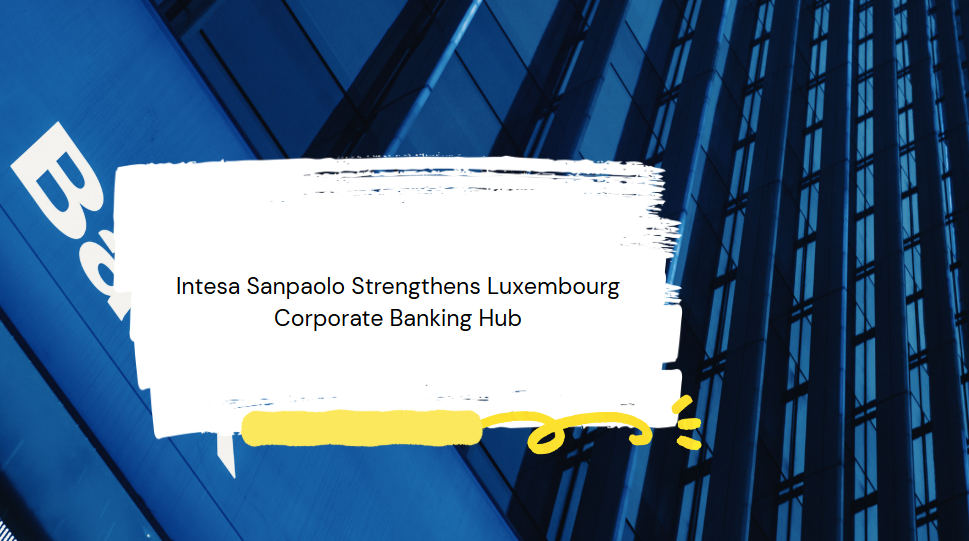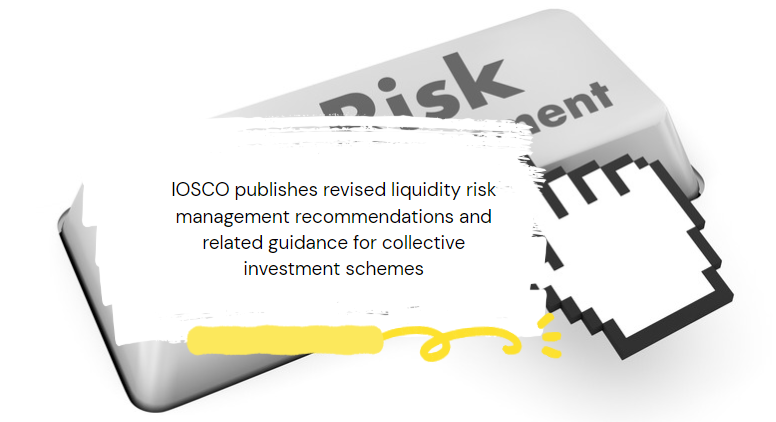Luxembourg’s Financial Sector Thrives on Stability and Diversification
On 17 June 2025, at the Nexus 2025 conference held at Luxexpo in Luxembourg, leading figures from Luxembourg's financial sector gathered to discuss the challenges and opportunities posed by geopolitical risks. Yves Stein (ABBL), Thierry Flamand (Commissariat aux Assurances), Claude Marx (CSSF), Marc Hengen (Aca), Nasir Zubairi (Lhoft), Stéphane Pesch (LPEA), and Serge Weyland (Alfi) shared their insights on Luxembourg's financial stability and resilience. The panel highlighted that Luxembourg's strengths lie in its stability and the well-diversified nature of its financial industry, which enable the country to navigate through turbulent times.
Luxembourg's Financial Sector: Stability and Diversification as Core Advantages
Luxembourg has long been recognized for its stable financial environment and diversified industry structure. Claude Marx, Director-General of the CSSF, emphasized that Luxembourg maintains a broad-based approach in its financial sector, enhancing its ability to weather geopolitical storms. Luxembourg's stability and AAA credit rating serve as significant draws for financial institutions and investors.
From the perspective of the asset management industry, Serge Weyland, CEO of the Association of the Luxembourg Fund Industry (Alfi), noted that Luxembourg is the world's second-largest fund center, with €7.5 trillion in assets under management. Approximately two-thirds of these assets are public, while one-third are private. The funds industry is highly diversified, and Luxembourg's bilateral relationships with other countries further reduce its geographical dependency, providing additional stability.
In the banking sector, Yves Stein, Chair of the Luxembourg Bankers' Association (ABBL), pointed out that geopolitical uncertainty has led to a steeper yield curve and underscores the need for investment in technology to prepare for the future. Cybersecurity, he noted, will be a fundamental challenge.
The insurance sector is also feeling the impact of uncertainty. Thierry Flamand, Director-General of the Commissariat aux Assurances, observed that risk modeling is evolving and costs are rising. Marc Hengen, CEO of the Luxembourg Association of Insurers and Reinsurers (Aca), added that in the face of crises such as the COVID-19 pandemic, inflation, and rising interest rates, the insurance industry must focus on maintaining competitiveness.
AI Adoption: Rising but with Potential for Improvement
The panelists noted that the adoption of artificial intelligence (AI) is increasing within the financial sector. A survey of 461 financial institutions conducted by the CSSF and the Central Bank of Luxembourg revealed that 28% of respondents currently use AI technology in production or development, with an additional 22% experimenting or planning to experiment with AI within the next 12 months. However, this accounts for only 50% of respondents. Claude Marx highlighted that approximately 58% of respondents allow unrestricted access to public generative AI tools like ChatGPT or Gemini.
Currently, AI applications primarily focus on back-office tasks, such as chatbots and note-taking. While AI has yet to make significant inroads into the fund management space, its adoption in areas like enhanced portfolio management is expected to grow in the near future. The CSSF aims to guide the market in adopting new technologies safely through publications and workshops, with the goal of helping Luxembourg maintain its competitive edge through technological innovation.
Yves Stein noted an increase in projects nearing live production and advocated for secure, sovereign sandboxes to test new technologies. He emphasized that while trustworthiness has improved, gaps remain. Data quality, security, and governance will be critical factors in AI adoption.
Serge Weyland acknowledged potential data barriers but highlighted Luxembourg's infrastructure advantages, such as Luxprovide and the AI Factory, which enable companies to implement safe solutions and experiment in a secure environment. AI can automate due diligence and play a role in decentralized projects. In the insurance sector, AI can streamline claims processing, assist with fraud detection, and handle large volumes of text data. However, its use must always be accompanied by appropriate frameworks and controls.
Regulatory Challenges and the Path to Innovation
In the context of increasing regulation, technology is seen as the only way to reduce the regulatory burden and maintain industry productivity. When it comes to MiCA(the Markets in Cryptoassets regulation), the CSSF is adopting the same approach as in other sectors, focusing on quality, sustainability, and client protection while remaining agile. The goal is not to become the first country with a large number of cryptoasset service providers (Casps) but to prioritize quality and reliability.
To ensure that Luxembourg's financial services sector does not become obsolete due to AI, constant innovation is required. Costs are rising, and productivity gains and efficiency improvements are essential. As the industry evolves, business models must be continuously reinvented. Luxembourg aims to move up the value chain, foster creativity, and attract talent rather than remaining merely a hub for back-office functions.
Conclusion: Luxembourg's Financial Sector Remains Attractive
Luxembourg's financial sector continues to be an attractive destination. Stéphane Pesch, CEO of the Luxembourg Private Equity & Venture Capital Association (LPEA), attributes this partly to the constructive dialogue between the government, supervisors, and financial associations. Marc Hengen emphasized the importance of reaching out beyond Luxembourg's borders to attract talent and investment. Claude Marx concluded that while Luxembourg is often self-critical, it possesses numerous advantages. Recognizing and promoting these strengths is key to attracting talent to the grand duchy.
Luxembourg's financial sector, supported by its stability and diversified structure, is well-positioned to navigate geopolitical risks. As technology continues to advance and regulation evolves, Luxembourg's commitment to innovation and quality will be crucial in maintaining its global competitiveness.






















































First, please LoginComment After ~